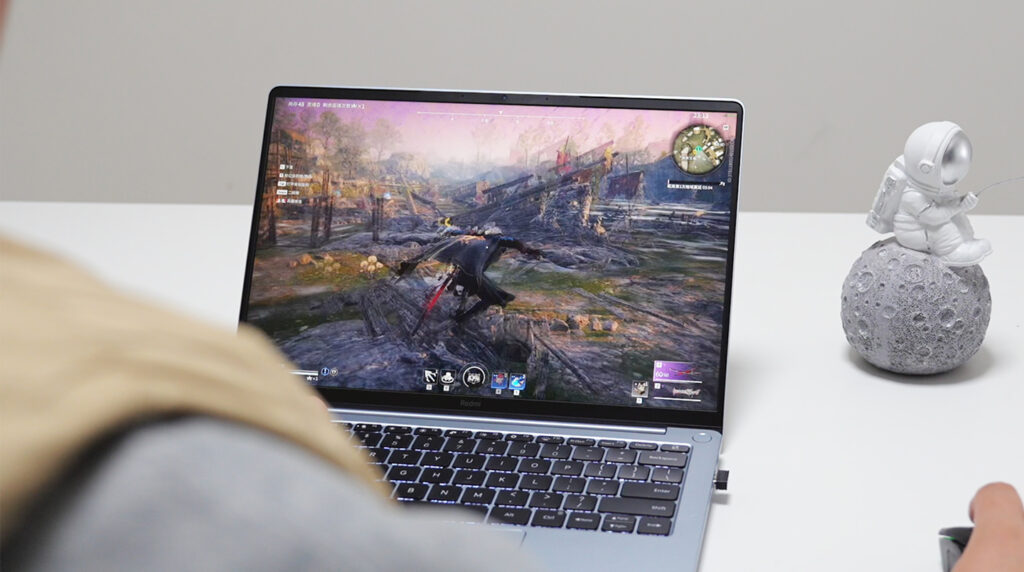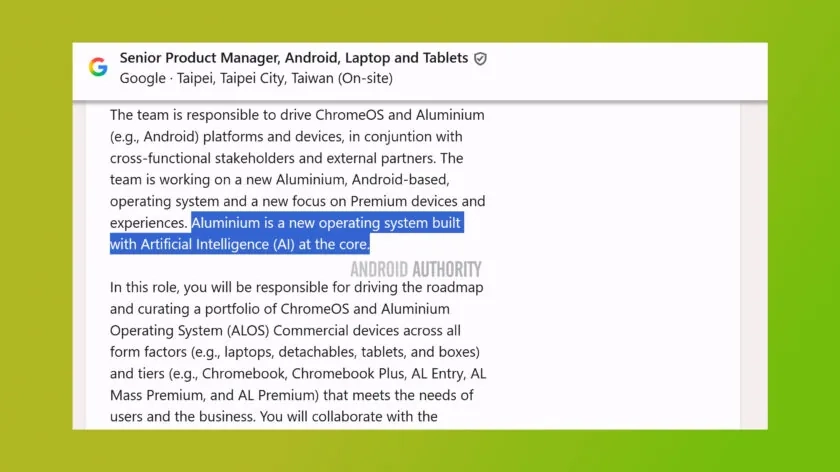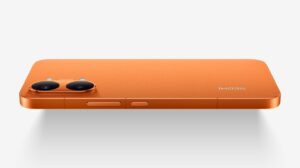Google is officially accelerating one of its most significant platform shifts in its history. According to a new report from Android Authority, the company is pressing forward with a unified desktop system codenamed “Aluminium OS,” in a move that looks to bring together the best of ChromeOS and Android into a single next-generation desktop platform. If successful, this could be just the strategy that gives them a real foothold against Windows and macOS-markets where Google has struggled to make any meaningful traction thus far.
For years, Android has had phenomenal success on phones, tablets, wearables, TVs, cars, and XR devices but none on traditional PCs. Similarly, while ChromeOS has enjoyed success in education markets, it has not yet reshaped the broader desktop landscape. Now, Google seems prepared to rewrite that history.
A Unified Google Desktop Platform Was a Long Time Coming
Rumors throughout the past year have suggested that Google wants to transform Android into a complete desktop-capable OS for better hardware utilization and to provide a more compelling PC experience. These rumors started to materialize during the Qualcomm Snapdragon Summit in September, when Google confirmed that it was working with Qualcomm on a hybrid mobile-desktop computing platform running on next-generation AI technologies.
That announcement made it official: Android is coming to PCs.
“Aluminium OS” Confirmed Through Google Job Posting
A leak on Telegram from @FrostCore provided the first piece of actual evidence-a job listing from Google titled Senior Product Manager, Android, Laptops & Tablets-and pointed out the following:
This marks the first time Google has publicly tied the Aluminium project codename directly to an Android desktop OS. Its naming also aligns with Google’s existing structure. The British spelling “Aluminium” mirrors Chromium, the open-source foundation of ChromeOS — suggesting a similar open framework, but built around Android rather than Chromium OS.
AI at the Core: Aluminium OS Will Be Powered by Gemini
Just like Android XR, Aluminium OS is “built around AI”, confirms Google. This means deep integration of:
- Gemini large models
- Assistenti virtuali
- System-level AI features across the interface
During the Snapdragon Summit, Google’s SVP Rick Osterloh promised that Google would bring Gemini, advanced AI assistants, and the full Android app ecosystem to PCs, combining the fluidity of mobile with desktop utility. Aluminium OS seems to be the system in which all these promises will come true. Target Market: Not Just Budget Chromebooks Anymore Among the information provided in the job listing, one of the most important details is the range of devices Aluminium OS is targeting. Unlike ChromeOS, mainly dominating low-cost laptops, Google is preparing Aluminium OS for a full product spectrum, including:
- Laptops
- 2-in-1 convertibles Tablets
- Small desktop units (Chromebox-style devices)
Even more interesting are the new product tiers mentioned:
- AL Entry
- AL Mass Premium
- AL Premium
These categories suggest that Android PCs will span from affordable devices to full high-end models, meaning Aluminium OS is not a successor to ChromeOS — but a parallel platform** designed to coexist and compete across multiple price segments.
Will ChromeOS Be Replaced? Will Chromebooks Be Upgradable?
These are the big, unresolved questions. Google has not yet clarified:
- The fate of the ChromeOS brand
- Whether existing Chromebooks will get an Aluminium OS option
- How Android and ChromeOS apps will coexist or merge
- When Aluminium OS devices will launch
Judging by the scale of development and internal job postings, Aluminium OS is still very much in active development — although major reveals might only appear in 2025. A New Era for Google’s Desktop Strategy With Google now openly hiring for Aluminium OS and integrating AI at the deepest levels of Android, the company is clearly preparing for a unified, AI-driven desktop future. As more details emerge regarding the interface, ecosystem, and device partners, Aluminium OS could turn out to be one of Google’s most ambitious product shifts since creating ChromeOS.


 Emir Bardakçı
Emir Bardakçı


